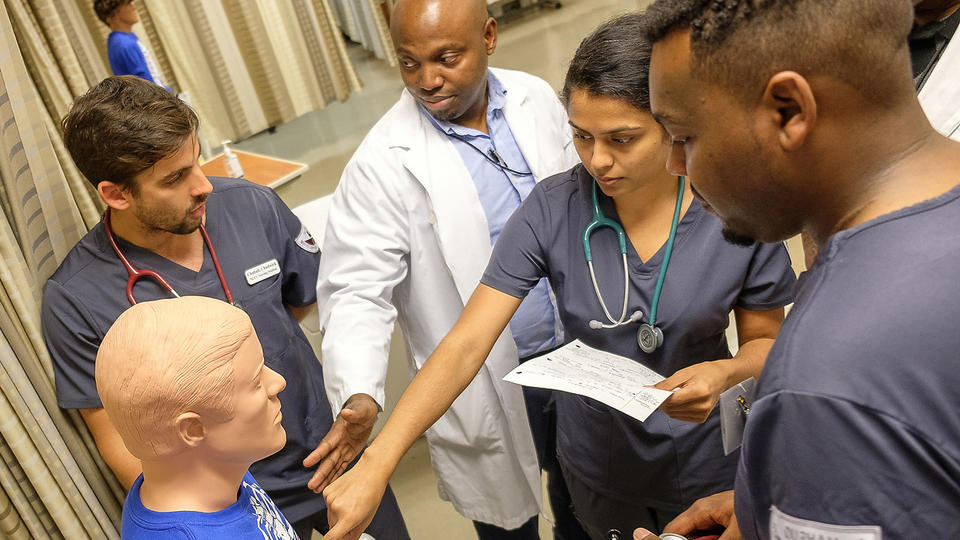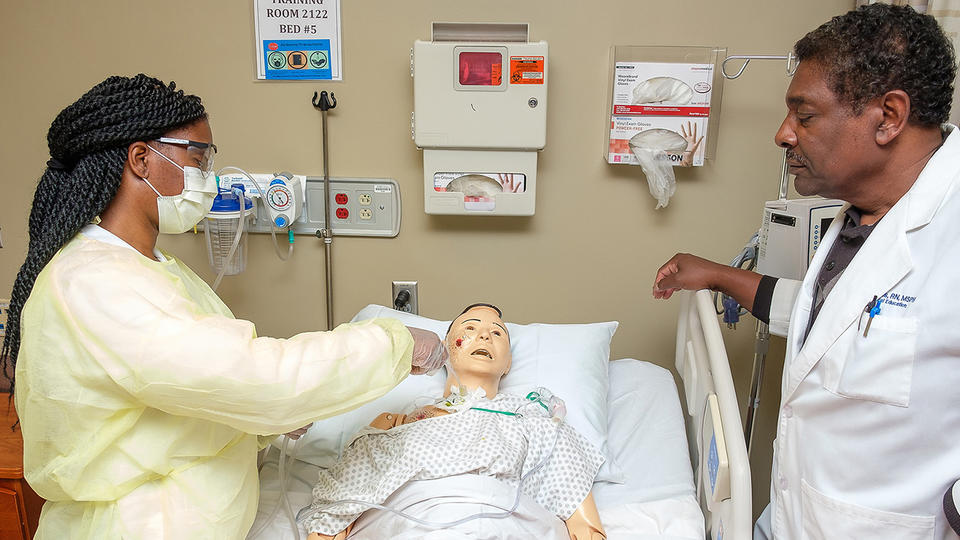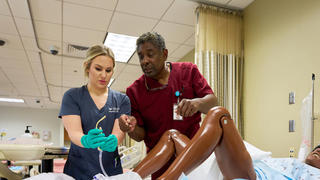Chair's Welcome
Greetings and welcome to North Carolina Central University (NCCU)'s Department of Nursing. My name is Dr. Yolanda M. VanRiel, and I am the department chair of Nursing. I am happy that you want to learn more about the NCCU Department of Nursing. Since 1948, nursing has been on the campus of NCCU.









